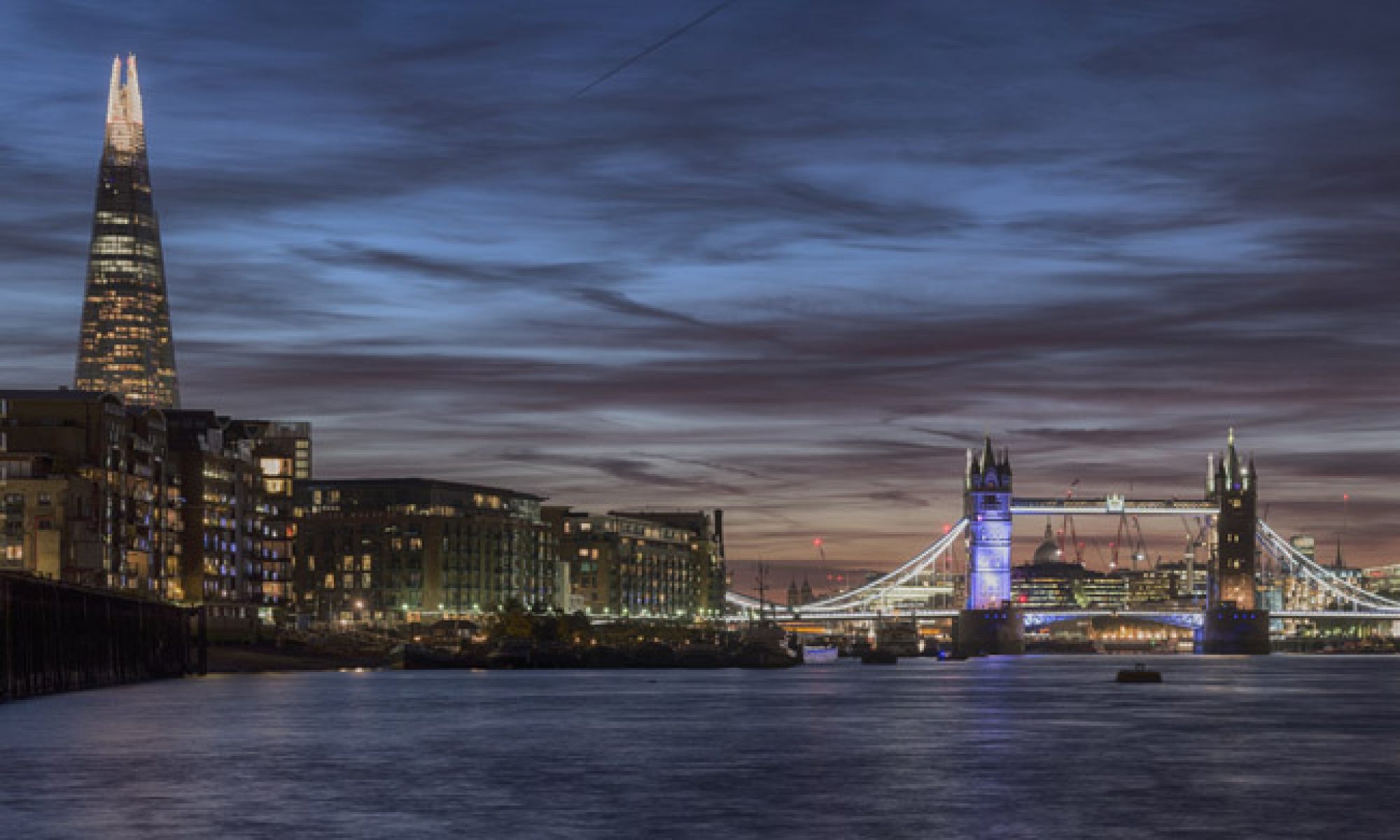Conditionals summary
1st conditional
Usage:
We use the 1st conditional to say something can happen when the condition is fulfilled. It relates to present and future.
Form:
If + present simple , future simple
Examples:
If you want to buy a car, you’ll have to save some money.
If we keep polluting the Earth, we will destroy our civilisation.
If I have got some time this week, I will go to the theatre.
If he doesn’t study hard, he will fail his exams at school.
If it doesn’t rain soon, the harvest won’t be much.
2nd conditional
Usage:
We talk about an imaginary situation. It doesn’t relate to any specific time period.
Form:
If + past simple , would + present simple
In British English, it is possible to use ‚If I was‘ .
In American English only ‚If I were‘ is considered a correct form.
Examples:
If I was/were a manager here, I would make many changes.
(=BUT I am not a manager here)
If I won a lottery, I wouldn’t bother going to work and I would travel all over the world.
(=it’s not very likely I am going to win a lottery)
If they got a house to live in, they wouldn’t stay with her parents.
(= but they haven’t got a house to live in nor money to buy it)
If she married me, I would be the luckiest man alive!
( =I think she will not marry me, it’s just a wish!)
If the Humankind made contact with an extra-terrestrial life form, it would change our view on our place in the universe.
(= it is not probable that we ever make contact with any life forms on other planets)
We can also use this structure:
Was/Were I any very good with computers, I would work as a hacker.
Was she nicer to me, I wouldn’t split up with her.
3rd conditional
Usage:
We talk about situations that didn’t happen in the past.
Form:
If + past perfect , would have + past participle
Examples:
If I had known about you coming over, I would have thrown a welcome party.
( = but I didn’t know)
If they had found him earlier, they could have saved his life.
(= But the found him too late)
If she hadn’t worn a seatbelt, she would have sustained serious injuries.
(= But she wore a seatbelt, fortunately)
If you had told me about you losing a job, I would have set up an interview with my boss.
( I couldn’t do anything because you didn’t tell me)
If he had married married her, they wouldn’t have been very happy for long.
(= but he didn’t marry her and that saved him from future problems)
We can also use this structure:
Had I known about your health problems, I wouldn’t have asked you about the loan.
Had she met her husband at university, she would have been married by now.
Had they not missed their plane last night, they would have been in the USA by now.
Mixed conditional
Usage:
We sometimes mix second and third conditional to talk about hypothetical situation in the past with present/future consequences.
Examples:
If you hadn’t drunk that much last night, you would be fine today.
If you had told me earlier, we wouln’t be in trouble today.
© www.swotting.eu
